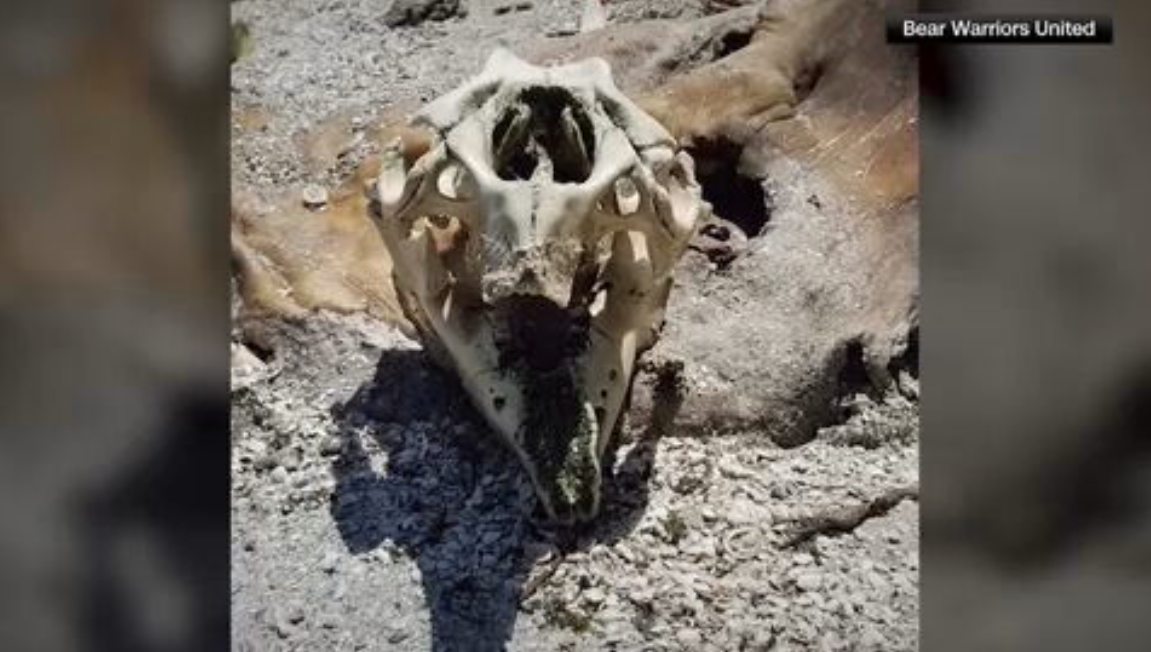Florida’s Indian River Lagoon: A Tragic Shift for Manatees
Once a serene habitat for manatees, the Indian River Lagoon in Florida has recently become a perilous environment, primarily due to pollution originating from nearby residential developments. Stretching from Palm Beach County to Daytona Beach, this lagoon has experienced a dramatic decline in the well-being of its aquatic inhabitants, particularly the vulnerable manatees.
Impact of Pollution
Marine biologist Peter Barile has dedicated decades to studying these gentle creatures. He notes that pollution from septic tanks and wastewater treatment facilities is significantly contributing to the lagoon’s deterioration. “All of these homes along the lagoon, that are on septic tanks, are slowly leaking, literally, tons of nitrogen and phosphorus into the system,” he said. This influx of pollutants is promoting the growth of harmful algae, which block light from reaching essential seagrass beds, the primary food source for manatees.
Consequences for Manatees
Manatees, which typically require nearly 100 pounds of vegetation per day, are now facing starvation as their vital seagrass is suffocated by algae. Barile expressed concern over the dire state of these mammals: “This algae is reducing light down to the seagrasses, essentially smothering them and killing them.”
Starvation leads to severe physiological changes in manatees, with their typically rounded bodies becoming flat and emaciated. Katrina Shadix, executive director of Bear Warriors United, described the torturous effect of starvation on these animals, stating, “When a manatee starves to death, it’s an extremely painful process. Basically, their insides melt and turn to liquid.”
Legal Action and Hope for Recovery
In response to the crisis, Bear Warriors United took legal action against the Florida Department of Environmental Protection (DEP) in 2022. Shadix, who spearheaded this effort, stated, “They suffered immensely, and for a very long time.” Photographic evidence revealed the desperation of these creatures, with some attempting to escape the water to forage for leaves and grass.
A significant breakthrough occurred in April when a federal judge ruled in favor of Bear Warriors United, determining that the DEP was in violation of the Endangered Species Act, emphasizing that there is “a definitive causal link” between the regulations concerning wastewater management and the threats faced by manatees.
Future Initiatives
With the lawsuit’s outcome, there is renewed optimism regarding the prospects for manatees. Shadix articulated her hope for the species’ recovery, expressing her belief that collaboration with the state could prevent extinction. “I was convinced that this home herd was going to go extinct… but now that we won this lawsuit, we think we have a really good chance of working with the state to make sure the manatees don’t go extinct on our watch,” she said.
The court ruling has also empowered Bear Warriors United to propose specific changes aimed at protecting the manatee population. Some of these initiatives include implementing a supplemental feeding program and halting new developments that utilize on-site sewage systems.

